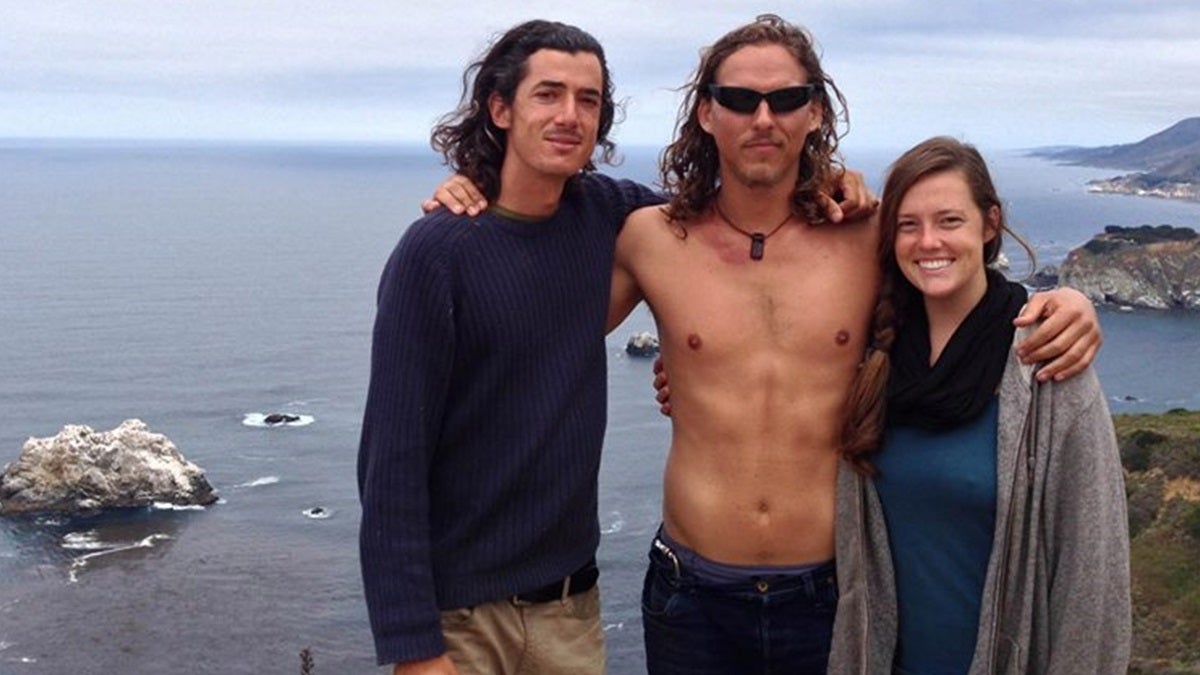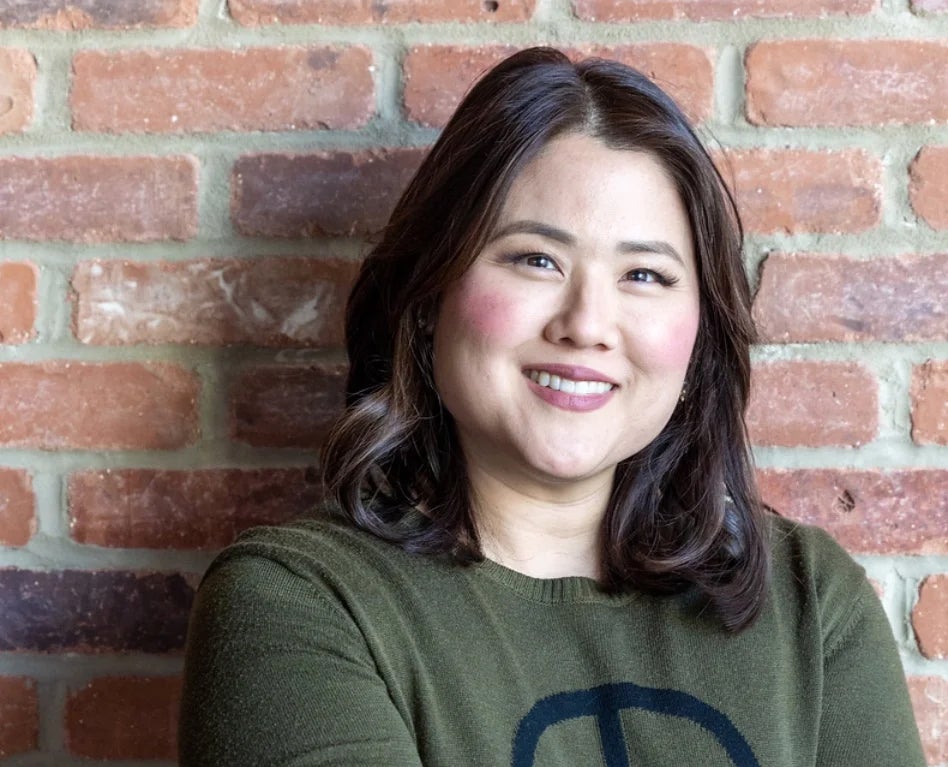Univ. of Delaware student leading relief effort in Nepal

(From left) Orion Haas, Allen Gula and Juliette Maas (Photo courtesy of Allen Gula)
Armed with a calm mind and positive attitude, college senior Juliette Maas landed in Nepal two days after a deadly earthquake struck last month.
The 7.8-magnitude temblor hit the Himalayan country on April 25 killing more than 8,200 people. It was followed by a 7.3-magnitude aftershock days later that killed 117 people and injured 2,800.
On a leave of absence from the University of Delaware, Maas was in India when the initial quake hit, working in an ashram not far from the western border of Nepal. Traveling with friends Allen Gula, a UD alumnus, and Orion Haas, plans to travel to Nepal were already in the works.
Gula and Haas left before Maas to spend a month trekking near Mt. Everest. Coincidentally, Maas was searching for plane tickets online on the day the earthquake struck. She said the tremors shook the hillside building where she was sitting.
“News of the extent of the damage and destruction caused by the quake unfolded and my concern for Allen and Orion grew,” said Maas, in an email.
Instead of flying back to the U.S. to the safety of her parents’ home in Chester County, PA, the 24-year-old booked a ticket to Kathmandu, “thinking I could most easily get engaged in relief efforts and try to get in contact with my friends from the capital city.”
The first night
After several delays, Maas landed in Nepal some time after midnight.
Damaged by the earthquake, the country’s small airport was understaffed and overwhelmed.
“Rescue teams in neon colored suits grabbed their equipment from the baggage carousel, nervous foreign tourists pushed towards their departure gates and temporary shelters had sprung up in open spaces across the parking lot,” said Maas, describing the chaotic scene. “Photojournalists dashed amongst the crowd, snapping pictures of frantic looking travelers and medical teams.”
Maas spent her first night outside speaking with Nepalis and those who had been in the mountains or in Kathmandu during the earthquakes. Listening to their stories, Maas assessed which areas of the city were most damaged and got a clearer picture of where to go next.
She hitched a ride with a Nepali man affiliated with the Peace Corps to the U.S. Embassy. He gave Maas a 1000 Nepalese rupee, or the equivalent of about $10, since she did not have any local currency on her. The man, she said, told her to “pay it forward.”
“This example is just one of innumerable acts of generosity; kindness and selflessness amidst a massive national disaster,” Maas said.
‘How can I help?’
After catching some shut-eye, Maas got to work helping to prepare meals for the few hundred people staying at the U.S. Embassy. Maas was also trying to get in touch with her friends Gula and Haas, from whom she still had not received word.
From the embassy, Maas said she hooked up with other volunteers at a place called Yellow House, a centralized meeting place in Kathmandu for people looking to help. There, she heard about a nearby teaching hospital that was welcoming walk-in volunteers with or without medical experience.
“The days I spend at [Tribhuvan University] Teaching Hospital were emotional,” she said.
Feeling a little lost at first, without medical skills or a handle on Nepali, Maas said she soon found herself busy passing out food, water and clothing. Eventually she was asked to help out in the morgue.
“I found myself directly faced with the precariousness of human life and the preciousness we attach to it. These were simple tasks and I felt honored to offer what little help I could as I quickly realized I would be learning and gaining much more from this experience than I could possibly give,” Maas. said.
Fundraising campaign
Maas heard from “the boys,” Gula and Haas, on April 30; they were uninjured and safe in the eastern end of Nepal. The three reunited at the home of Belgian friends who live in Kathmandu. Now with access to wifi, the friends brainstormed about next steps.
With over seven years of community-based development work between Gula and Haas, and a collective passion for sustainable development, organic agriculture and overall do-gooding, the three founded an organization to support smart housing solutions as Nepal begins to rebuild. Maas said they are building a website this week.
The friends also launched a crowdsourcing campaign with hopes of raising $30,000 in 30 days. So far, they’ve raised $12,671. Maas said 100 percent of the money raised will go towards long-term efforts to build sustainable housing in rural Nepal.
“We know where our strengths and passions lie and, feeling in the right place at the right time, we saw an opportunity to step up and serve,” she said.
Based on her observations, Maas said there’s a need for counselors and psychologists in Nepal, who can help people there cope with trauma and the loss of loved ones. There are also more obvious, tangible needs like bags of rice, medical supplies and tarps, with monsoon season fast-approaching.
“The country remains steadfastly peaceful and determined to survive, and rebuild and move forward,” said Maas who, along with Gula and Haas, will remain in Nepal until some time this summer and return in the fall to see their efforts through.
WHYY is your source for fact-based, in-depth journalism and information. As a nonprofit organization, we rely on financial support from readers like you. Please give today.





